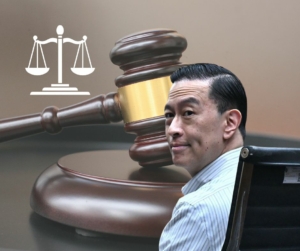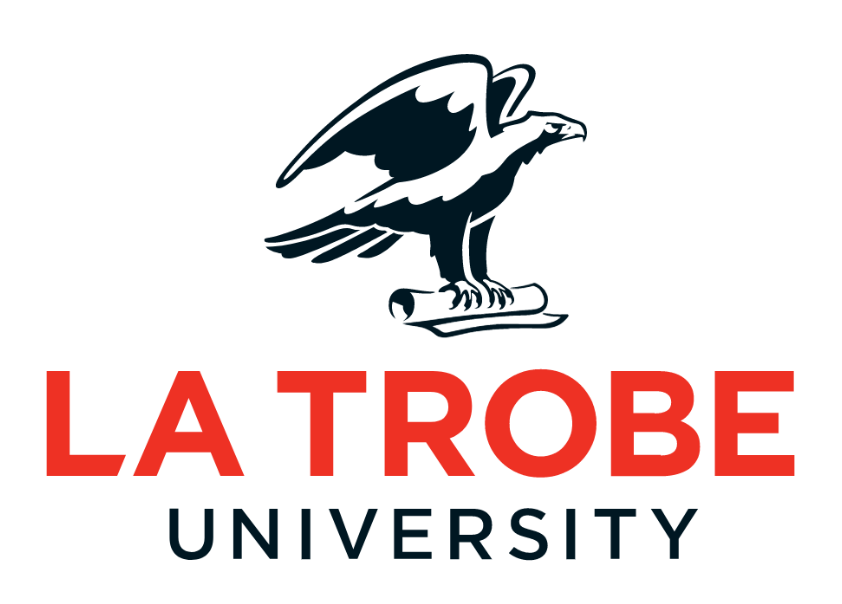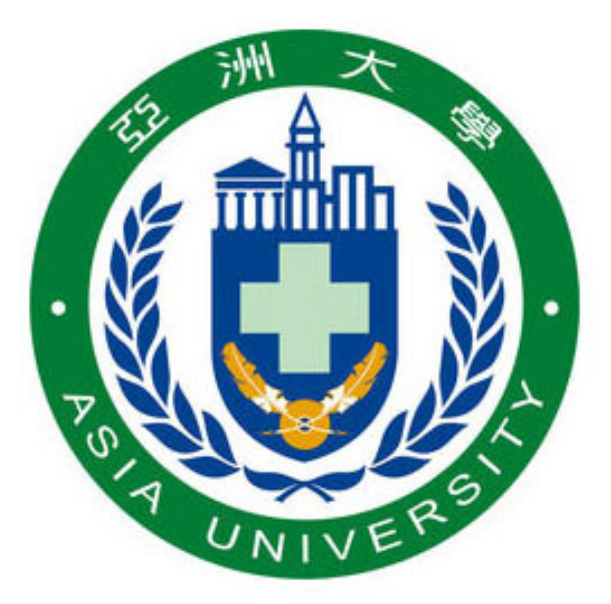Unisa Yogyakarta Lecturer: Tom Lembong Deserves Clemency
Gerry Katon Mahendra, a lecturer in Public Administration at Universitas ‘Aisyiyah (Unisa) Yogyakarta, considers the abolition accepted by former Minister of Trade Tom Lembong to be quite reasonable. This is based on the facts presented at the trial.
“Considering the facts of Tom Lembong’s trial, where no malicious intent (mens rea) to enrich himself or others was found, he did not enjoy the proceeds of corruption, and made decisions based on coordination and consideration of the circumstances at the time, I believe it is quite reasonable for him to receive abolition. Of course, this process remains the full right of the President, taking into account the situation and conditions. Administratively, the above conditions sufficiently meet the elements of accountability and justice,” said Gerry on Saturday (August 2, 2025).
In the context of public administration, the issue of abolition against Tom Lembong provides the reality that there is still a lot of work and challenges to manage a transparent government, make the law the commander of the government, and be fair. “Furthermore, all parties should improve and it is time for differences of opinion to be managed more democratically,” said Gerry.
“Abolition is not just a matter of ordinary administrative discretion; it is more complex than that and is a constitutional right of the President. Although it is the President’s right, in its implementation, it must take into account the aspirations of the people, wisdom, and remain within the corridor of applicable law,” said Gerry.
The main considerations in the decision to grant or deny abolition are ensuring substantive justice, the aspirations of the people’s interests, and the integrity of the law being implemented. If these aspects are fulfilled, then it is valid to grant abolition.
In the principle of accountability, abolition must be able to guarantee moral and legal accountability. This means that the consideration of abolition must not violate legal justice. Second, the principle of transparency means that the process of granting abolition must be open and accessible to the public and free from manipulative intentions. Third, considering the principle of justice, abolition is granted if there are allegations or conditions of injustice against a person in the legal process.
“Abolition without considering objectivity can certainly undermine public trust and disrupt the good governance of a country,” said Gerry.
If abolition is carried out without considering aspects of justice, it is very likely to damage the bureaucratic order and public trust. Conversely, a clear abolition process will make the public place a high level of trust in the government.
According to Gerry, normative measures must remain at the forefront of abolition decisions. Objectivity, legal facts, and public aspirations must remain the main basis for such decisions. Regardless of political interests, objectivity in viewing cases must be the main consideration.
“This case teaches us all that power must be exercised with ethics and democratic principles of justice, and that the public has an important role in overseeing it,” said Gerry.
Gerry also advised the public to be at the forefront of oversight, including in the context of abolition policy, by encouraging transparency and open explanations from the government and ensuring that the process is based on principles of justice. “The public, media, and academics must be able to ensure that abolition is not used politically and selectively. Public oversight is key to ensuring that every state decision remains within the corridor of law, ethics, and sound governance,” concluded Gerry.














